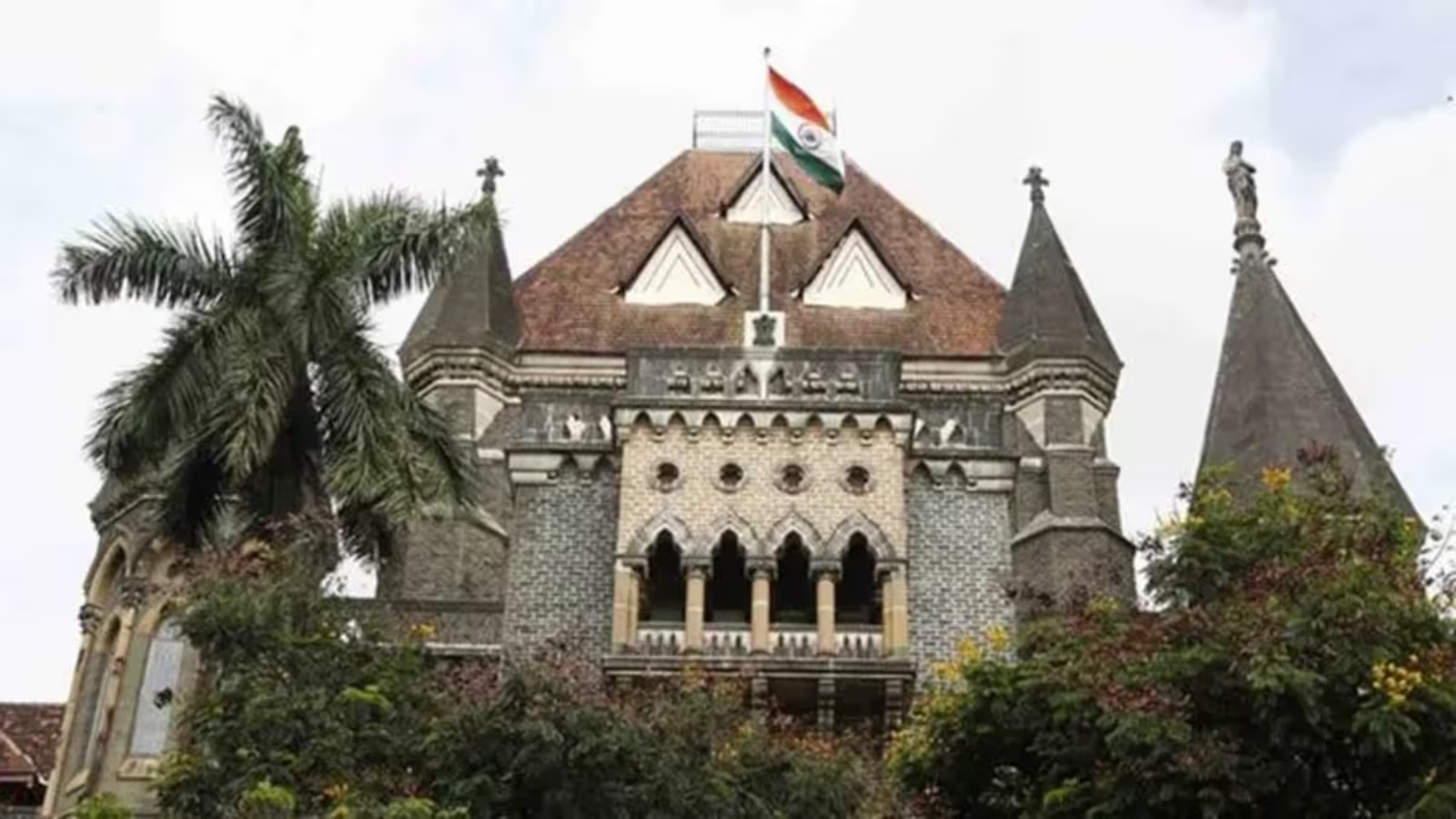Bombay HC Quashes MMRDA Arbitrary Metro Contract Termination
The Bombay High Court has delivered a significant blow to the Mumbai Metropolitan Region Development Authority (MMRDA), quashing its decision to terminate the consultancy contract awarded to French-origin firm Systra MVA Consulting (India) Pvt Ltd. The court ruled that the termination notice issued by MMRDA was arbitrary and lacked a justifiable basis, compelling the authority to reconsider its decision and pass a reasoned order after hearing the firm.
Systra, a key stakeholder in the Systra-SMCIPL Consortium, was engaged by MMRDA to provide critical general and design consultancy services for three crucial Mumbai Metro projects: Metro Line 5, connecting Thane, Bhiwandi, and Kalyan; Metro Line 7A, linking Andheri East to Chhatrapati Shivaji International Airport; and Metro Line 9, serving Mira Bhayander. The contract, initially set to last 42 months, was extended until December 2026, underscoring the importance of continuity in execution.
Despite this, MMRDA issued a termination notice on January 3, 2024, effectively halting Systra’s involvement. The firm contested the move, asserting that the termination did not adhere to the contractual terms agreed upon in 2021 and lacked transparency. Senior advocate Venkatesh Dhond, representing Systra, contended that the notice was issued unilaterally and without due process, making it an unreasonable action that disregarded principles of fairness and procedural integrity. The MMRDA, represented by Maharashtra’s Advocate General Birendra Saraf, argued that the termination was well within the authority’s contractual rights and aligned with the general conditions of the agreement, which allowed discontinuation without assigning specific reasons. However, the High Court dismissed this stance, clarifying that while such conditions may exist, they do not grant an unfettered right to act unfairly or arbitrarily. The bench, comprising Chief Justice Alok Aradhe and Justice Arif S Doctor, held that any termination of a binding contractual agreement must be backed by a justifiable and reasoned explanation.
The court further noted that while it was unnecessary to scrutinise the contractual nature of the agreement in detail, MMRDA’s decision was evidently arbitrary, thereby warranting judicial intervention. It, however, declined to grant specific performance relief to Systra, meaning that the firm cannot demand continued enforcement of the contract through the courts. Instead, MMRDA has been directed to revisit the decision with due consideration and procedural fairness.
This ruling underscores a broader concern surrounding governance and decision-making in large-scale infrastructure projects, particularly in a city as complex and dynamically evolving as Mumbai. Given the ambitious expansion of the Metro network, ensuring seamless execution of projects is paramount. Arbitrary administrative decisions not only disrupt developmental momentum but also raise concerns about transparency, accountability, and investor confidence in public-private collaborations.
The Metro expansion is critical for Mumbai, a city struggling with traffic congestion, pollution, and the need for efficient mass transit solutions. The involvement of experienced international consultants like Systra is crucial in aligning these projects with global best practices in urban mobility. Systra’s expertise in sustainable transit solutions complements Mumbai’s vision of an equitable and environmentally responsible transport system. Therefore, disruptions arising from bureaucratic arbitrariness can have far-reaching consequences, impacting the timely execution and overall feasibility of critical urban infrastructure initiatives.
Moreover, such contract disputes serve as a cautionary tale for future public-private partnerships in India. Trust and predictability are fundamental to attracting global expertise and investments in urban infrastructure. Any perception of administrative high-handedness can deter stakeholders and weaken the foundation of long-term collaborations essential for executing ambitious projects. The judiciary’s intervention in this case sets a precedent that decision-making in large public projects must be governed by fairness, procedural integrity, and rational justification rather than abrupt administrative discretion.
Systra’s continued involvement in the Mumbai Metro projects holds significance beyond contractual disputes. With the city striving for a low-carbon, sustainable, and equitable urban transit framework, a stable and well-coordinated approach to executing transport infrastructure is crucial. The case highlights the pressing need for authorities to act with diligence and fairness, fostering an environment where partnerships are based on trust and structured decision-making rather than abrupt administrative fiat. While the MMRDA retains the power to re-evaluate its contractual engagements, the High Court’s intervention ensures that the principles of fairness, reasoned decision-making, and institutional integrity remain integral to the urban development narrative.


